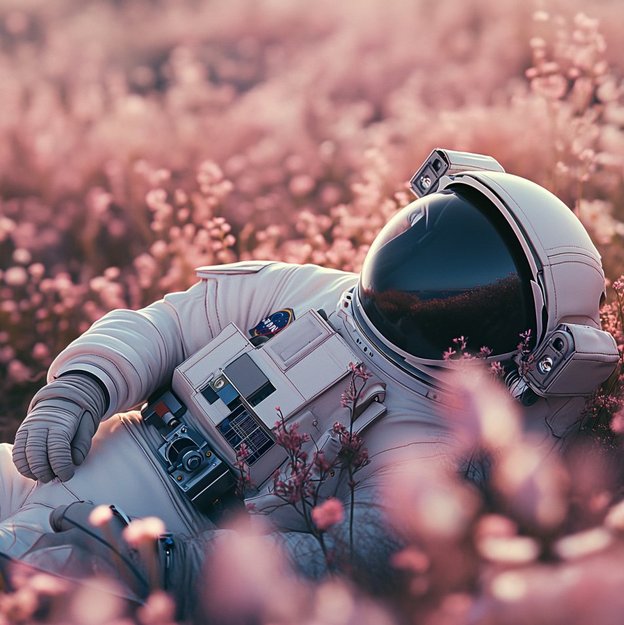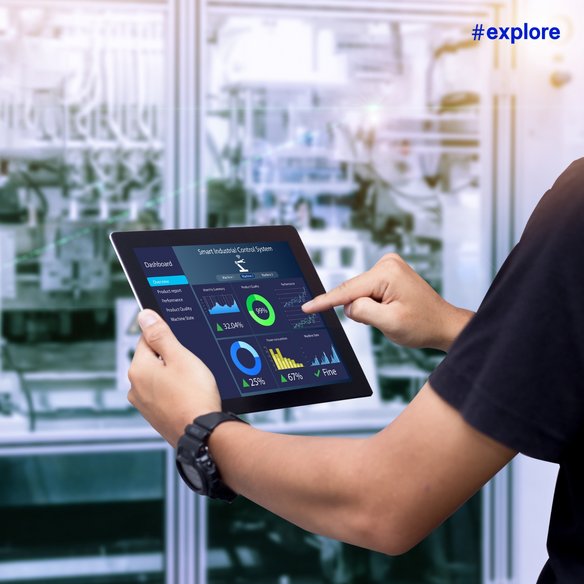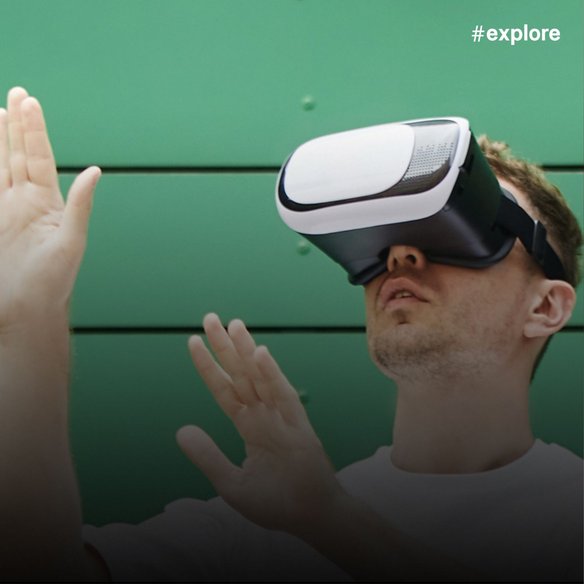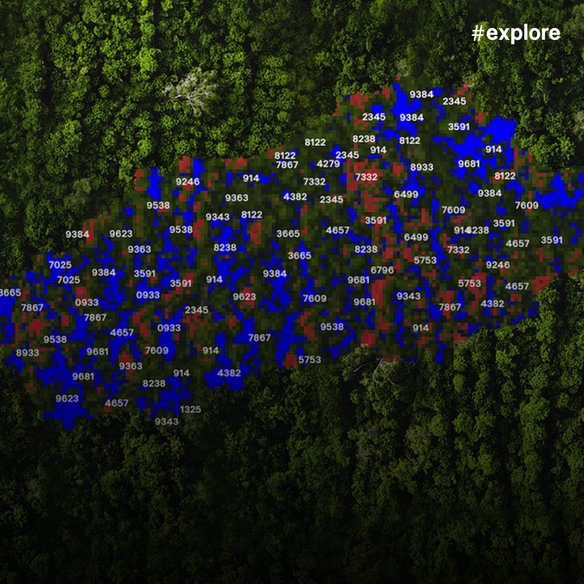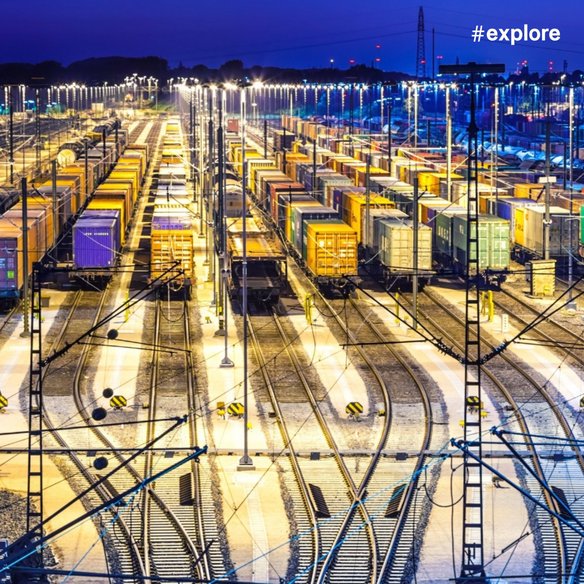Computers can do everything better and will eventually make us humans superfluous - this worrying suspicion seems to be becoming increasingly true: Artificial intelligence has already shown chess grandmasters and Go professionals their humanoid limits. In any case, one thing is certain: AI can perform various routine tasks faster and more persistently than human labour. Increasingly, however, AI is also being used in artistic fields. In this article we show how AI is used in music and painting, for example, and why its creativity has narrow limits.
But even with its eponymous "intelligence", things are not as advanced as often assumed, says Henning Beck. In the interview the neuroscientist explains the extent to which small children make every supercomputer look old and why computer science is still struggling with the complexity of the human brain.
Physicist and neurobiologist Christoph von der Malsburg also believes that AI is still a long way from human intelligence. The renowned AI researcher provides detailed information on the conditions under which it could develop "real" intelligence, the risks involved and why we already need to regulate AI today. provides detailed information.
